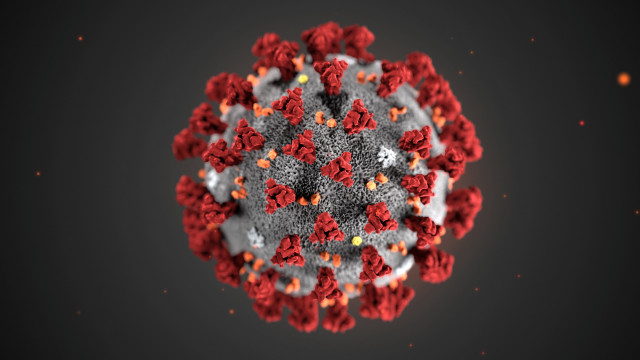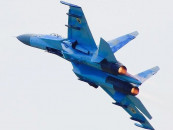Coronavirus: China’s fightback
Adversity came China’s way and two major challenges arose

PHOTO: REUTERS
Panic soared in the general public in China and across the world as the death toll from this deadly virus crossed the one caused by the severe acute respiratory syndrome (SARS) that hit China in 2002. Despite the agonising figures of fatalities caused by the coronavirus, a survey by the World Health Organization (WHO) shows that 82% of the infected patients have a mild disease, 15% are severe and 3% critical. It implies that one must take into account the danger coronavirus poses to human lives but undue panic won’t serve the purpose of prevention and control. According to China’s National Health Commission, nearly 400,000 close contacts had been traced and provided necessary treatment and nearly 200,000 are still under medical observation.
China responded by sealing infected regions and limiting the transmission of the deadly virus – an enormous task that Chinese health workers were confronted with. The WHO applauded China for “setting a new standard for outbreak response” and acknowledged that China took measures far beyond the recommendations and the international standards set to deal with epidemic outbreaks, by placing Wuhan, a city of 11 million, and neighbouring urban centres in a quarantine. Political leaders and epidemic experts from around the world have expressed their confidence that China will soon win the battle against the novel coronavirus because the measures taken to curb the disease are fairly rapid, practical and efficient.
Adversity came China’s way and two major challenges arose. One, that China was confronted with an epidemic which caused huge human loss and attracted the world to measure China’s capacity to handle such an eventuality. Two, China naturally confronted an economic constraint that impacted its socio-economic development. The extreme measures taken to contain “human history’s worst plague” in China are bound to impact the economy, consumption and investment, specifically. Addressing both these challenges became a litmus test for the emerging global leader. From creating capacity to deal with an epidemic challenge and ensuring stable socio-economic indicators was vital for China and it succeeded. China has faced these trying times with vigour and strength and emerged resilient.
Prime Minster Imran Khan expressed the national sentiment when he vowed to support the people and government of China in these trying times and offered to extend every possible material and moral support to the country, the way it stood by Pakistan in times of tribulations. China is all determined to fight this massive challenge and therein are lessons for the world to learn from. The world leaders who thought it was a political challenge expressed confidence that the Chinese government and people would soon overcome the epidemic. In the words of China’s soft-spoken and mannerly Ambassador, Yao Jing, “the winter will eventually end and the spring is in the offing”. The resilient China fights back and fights back aggressively and the Ambassador’s assertion that “China shall win and soon” seems to make perfect sense.
Published in The Express Tribune, March 2nd, 2020.
Like Opinion & Editorial on Facebook, follow @ETOpEd on Twitter to receive all updates on all our daily pieces.



















COMMENTS
Comments are moderated and generally will be posted if they are on-topic and not abusive.
For more information, please see our Comments FAQ